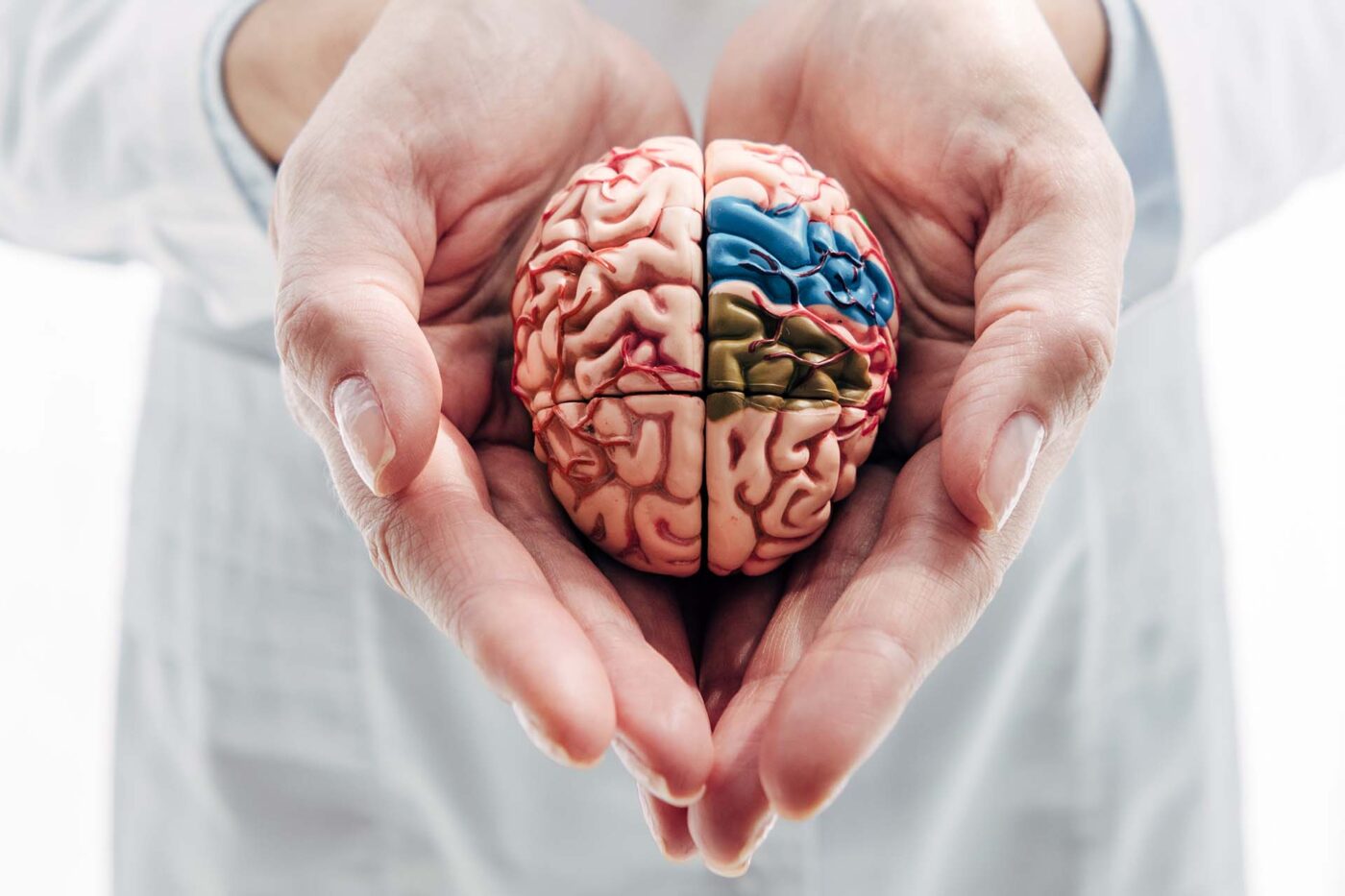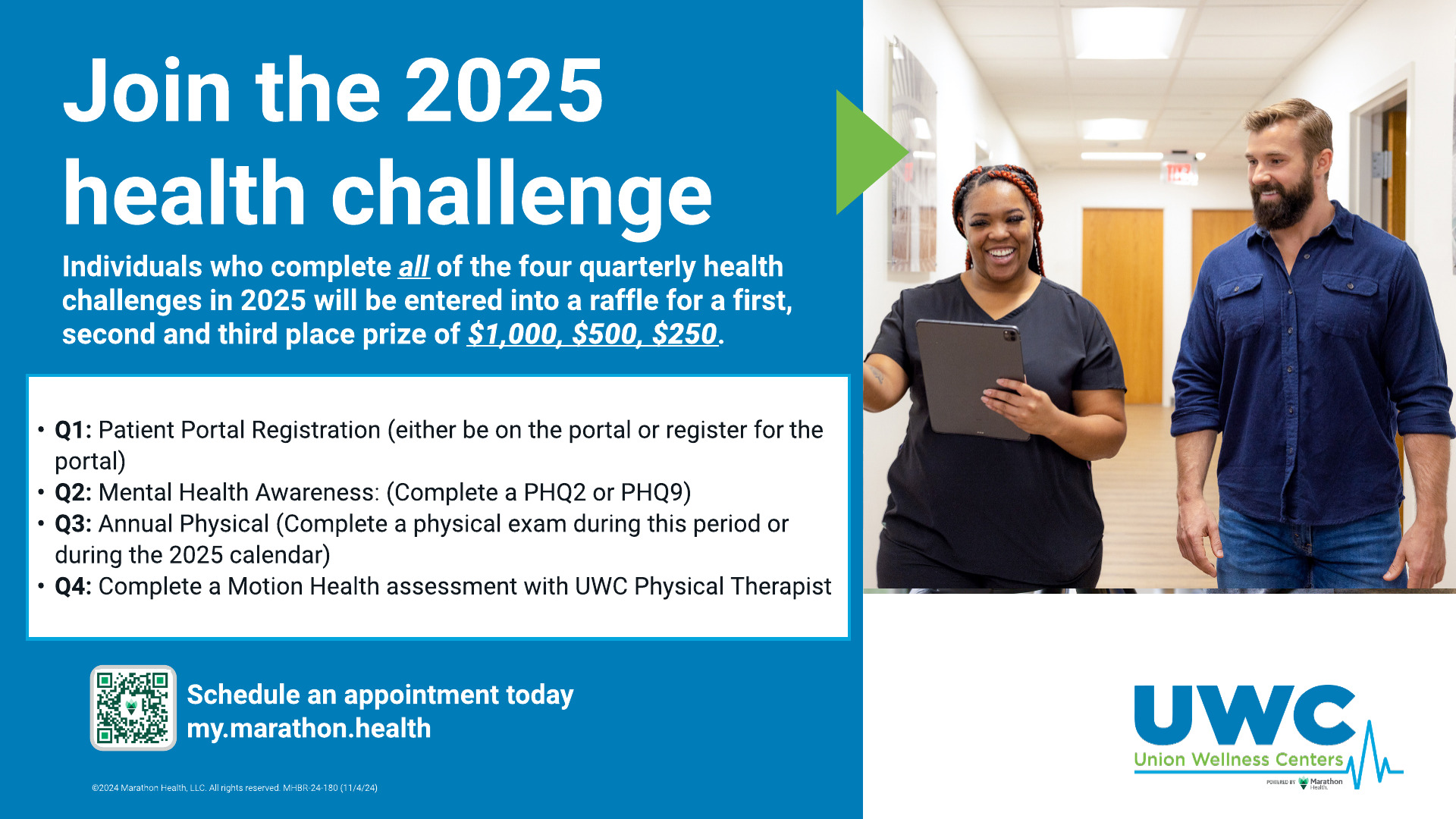Fend off brain fog with healthy habits
Prevent "brain fog"
“Brain fog” is a term used for certain symptoms that can affect your ability to think. You may feel confused, disorganized, or find it hard to focus or put your thoughts into words. Many of these symptoms can be prevented or improved by making healthier lifestyle choices. Learn more tips about daily choices that can keep your mind sharp and help fend off brain fog below:
Stay mentally fit.
Mental fitness is just as important as physical fitness. Learning new skills or experiencing new things is a great way to stay mentally awake. Take a new route to work, find a new hobby, or memorize a few words in a foreign language. You can do crossword puzzles, play chess, or learn a musical instrument for a brain workout. Learning new activities stimulates the brain. When you learn new things daily you reduce mental decline.
Get physically active.
The benefits of exercise are numerous, but did you know that physical exercise promotes mental strength? Moving more and engaging in a variety of physical activities each week has been shown to improve memory and mental alertness. Experiment with different physical activities to find out what you enjoy. For optimal results, you can gradually work toward 150 minutes of physical activity per week. Keep in mind that some physical activity is better than none at all.
Fuel your brain.
The effects of nutrition on mental function are astounding. Whole grains, berries, nuts, vegetables, fish, poultry, olive oil, and beans are great brain fuel. Try to limit red meat, saturated fat, salt, and simple sugars. Regularly consuming nutritious foods and limiting the bad ones may reduce the risk of Alzheimer’s disease. The benefits of a healthy diet go far beyond brain health, but when considering this as an added benefit, it’s a no-brainer.
Get enough sleep.
Getting enough sleep has countless benefits. From slowing the aging process to improving memory, sleep is important. Adults should get 7 to 9 hours of sleep each night. Research shows that more rested individuals perform better on memory tests. Getting quality rest puts us in a better mood and sharpens our brains. It also gives us the energy and the ability to run our busy lives.
Make positive connections.
Social connection is a strong predictor of overall happiness. It’s no surprise that mental performance is also linked to the frequency and quality of the interactions we have with others. Spending time with friends and loved ones and making new connections greatly improves mental clarity and memory. In addition, you can combine social connection with the tips above for even more brain boosting habits. You can learn something new or get some exercise with a friend.
Consult a medical professional before adopting any new lifestyle habits. A medical provider may be able to help you make changes that are right for you.

